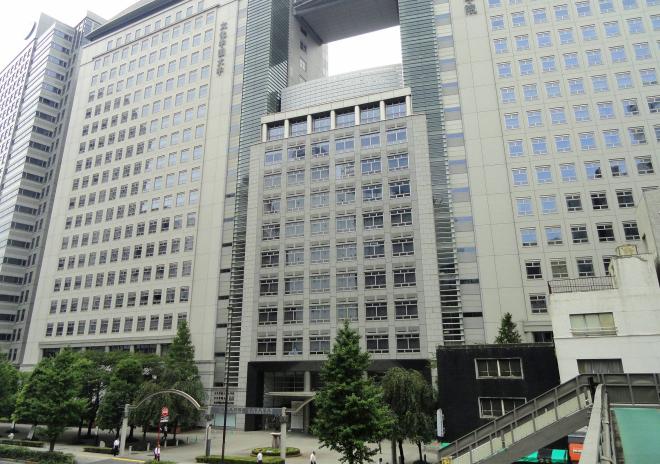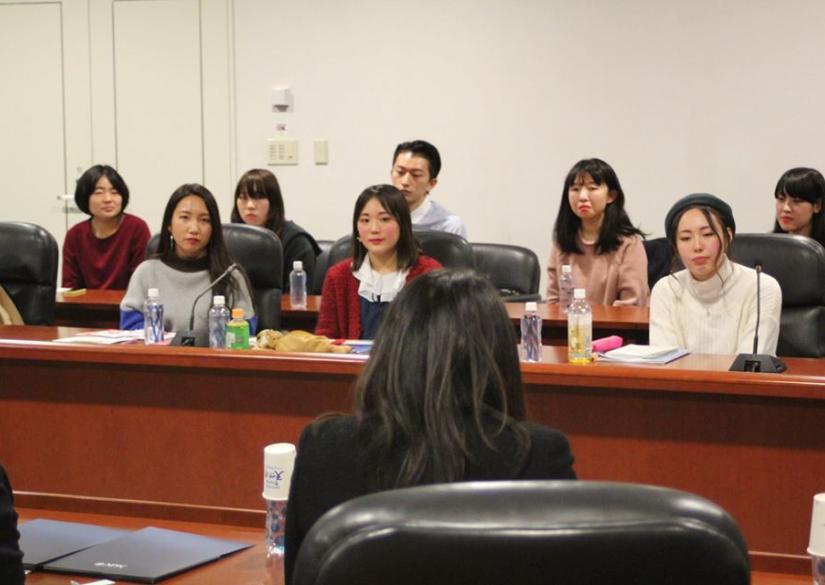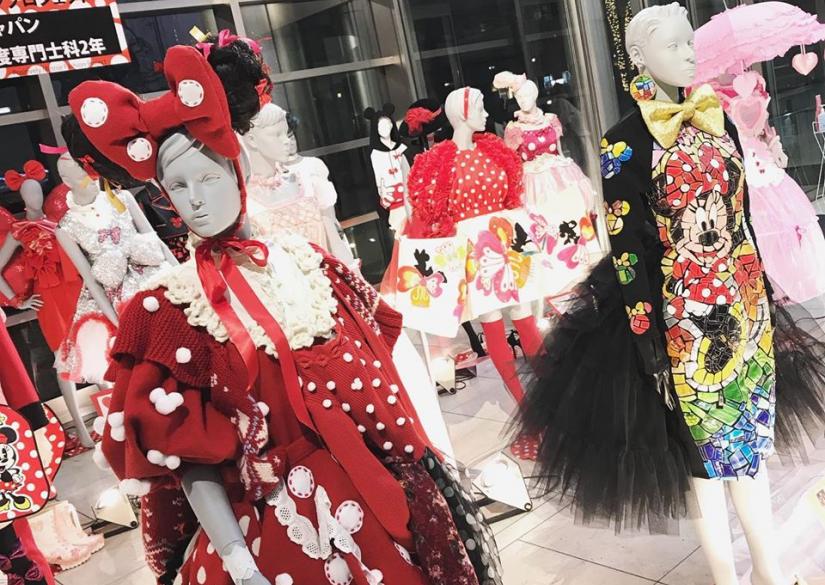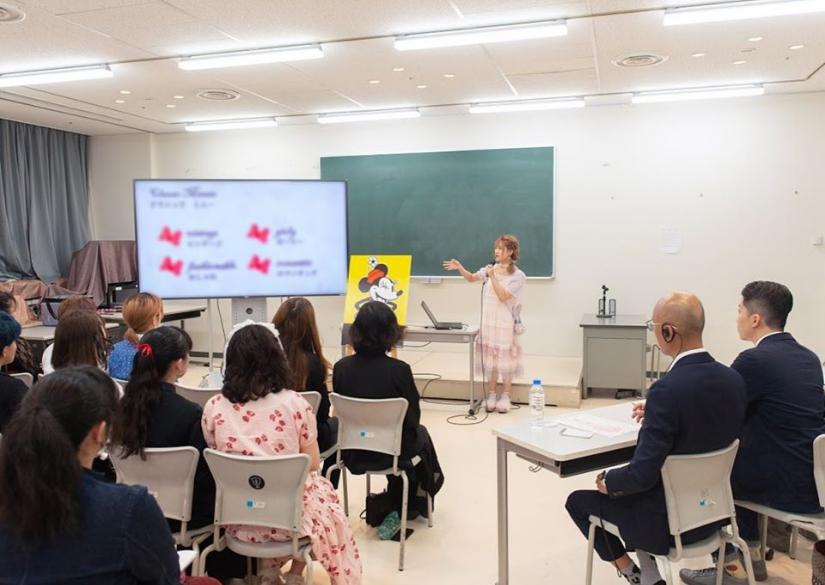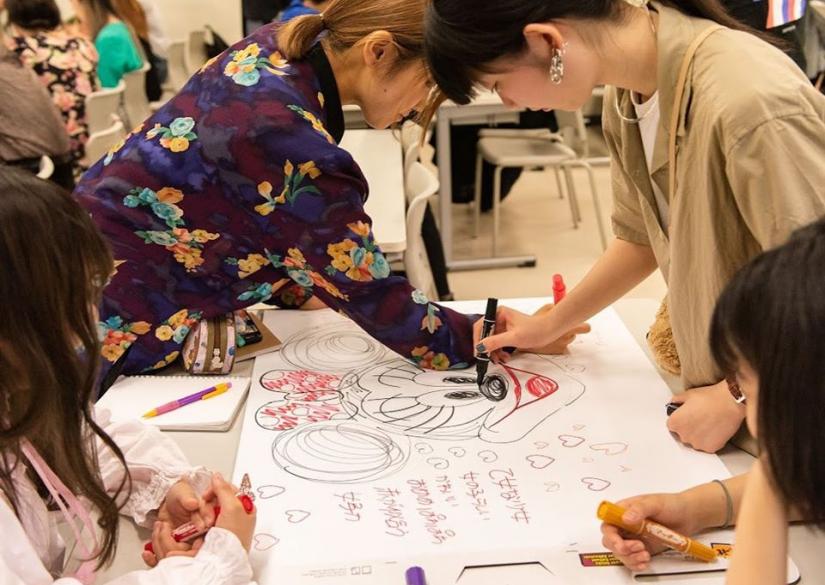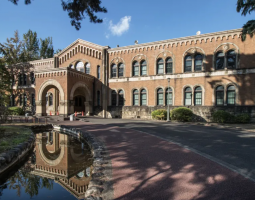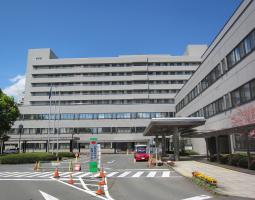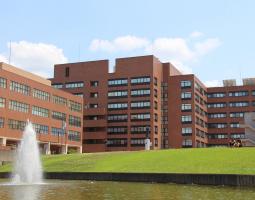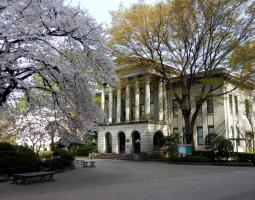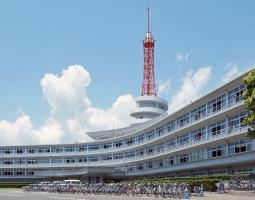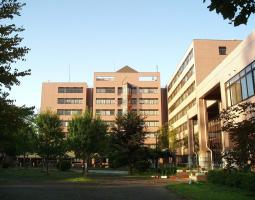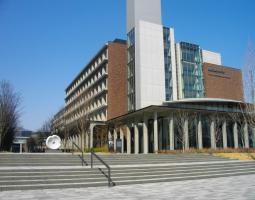Bunka Fashion College
Programs and prices, tuition fees in Bunka Fashion College
Undergraduate
- Duration of study: 1-4 years
- Forms of study: daytime, evening
- Language: Japanese.
Specialty:
- Making clothes
- Clothing research
- Fashion connoisseur
- Fashionable technology
- Fashion Marketing
- Fashion business
- Fashion Spread
- Fashionable Textiles
- Retail planning
- High-fashion
- Clothing Technique
- Industrial Merchandising
- Creative fashion design
- Designing men's clothing
- Jewelry design
- Shoe design
- Create Accessories
- Fashionable goods.
Description of Bunka Fashion College
- Established: 1919
- Location: Shinjuku and Tokyo, Japan
- Language of instruction: Japanese, English
- Number of students: 10,000
- Type: state
- Rating: 7th place in the ranking of the 50 best design schools in the world according to Fashionista magazine.
Bunka College was founded in 1919 by Isaburo Namiki as a small private sewing school for girls and was called the Namiki dressmaking school. By 1936, the educational institution has grown markedly, which became the reason for obtaining college status. The school was renamed Bunka College in honor of belonging to the Bunk Educational Foundation.
At that time, European-style clothing in Japan was a luxury accessible only to well-off families. The management emphasized just the design and tailoring of modern European models. After the Second World War, a new round in the development of the college began: he began to accept foreign students into his ranks.
The institution is famous for the comprehensive support of students. The Soen contest is held annually, thanks to which young designers can make themselves known to the whole world. Some gifted students enter into contracts with fashion houses before graduating from alma mater. The forces of students and teachers issued the eponymous award-winning fashion magazine.
The college works closely with the St. Martins School of London and the Parsons School of Design in New York: students release collaborative projects and take part in shows.
Among the famous graduates-fashion designers:
- Tsumori Chisato
- Takeo Kikuchi
- Misha Jannet (blogger)
- Naomi Nishida
- Sebastiano Serafini
- Shingo Sato
- Tomoe Sinohara
- Junya Watanabe.
The educational institution regularly occupies high positions in the world ratings of design educational institutions. So, in 2015, Bunka Fashion College became the best fashion school according to Business of Fashion.
The educational process lasts four years: the first two years, students listen to the general course of lectures, from the third year they are divided into groups by specialty. Students study design, fashion history, fashion theory, fashion production features.
Accommodation, meals, prices
The educational institution does not have its own hostel, students are invited to find housing in the city. There are several cafeterias and canteens in the building of the educational building, providing meals for students and teachers.
Advantages
- World-famous educational institution for the training of designers and fashion designers
- The college has about 70 branches throughout Japan
- A large number of famous graduates
- Annual updating of the material and technical base
- World-famous teachers
- Regular high positions in fashion school ratings
- The possibility of concluding contracts during training
- In 2018, Fashionista recognized Bunk College as the best fashion school in Asia.
Facilities and equipment at Bunka Fashion College
The educational building is a 21-story building in the prestigious area of Tokyo. All conditions have been created for training: classrooms, sewing rooms, design rooms, classrooms, lecture halls and display rooms.
The college's material and technical base is updated annually. So, mannequins are made by special order and by standards that correspond to the generally accepted in the model world for this year.
Admission dates and extra charges
The school year at Bunka Fashion College traditionally begins in September.
The main expense item is payment for living in a city: renting a one-room apartment in Tokyo will cost $ 500-700 per month. Additional expenses include payment of meals and travel to the educational building.
Students at their own expense purchase materials - sometimes expensive - for sewing products.
Entry requirements, how to apply, what is required to enrol
In order to become students of the Bunk Fashion School, an applicant must:
- Pass the Japanese Nihongo Noreku Shiken exam
- Have an interview
- Provide a letter of motivation
- Confirm art skills.
Institution on the map
Residence permits, citizenship and other services
- Guardianship services during the studies
- Student supervision
Review about Bunka Fashion College
Recommendations on when to apply
| Language courses, schools and children's language camps | Primary and secondary education - private schools | Preparation programmes for entering universities - higher education | Higher education (after completing accredited programs A-level, IB, High School) - Bachelor, Master, MBA |
| - we recommend to apply 6-9 months before the start of the course (some camps and schools offer discounts for early booking or for lengthy study programs) - there are some very popular and high demand children's camps, where the applications need to be submitted 1 year in advance (in particular Switzerland , Great Britain , USA , Canada , Austria) | - we recommend to apply one year before the start of the training program, - some schools have a specific time frame (September-November - please specify an individual school) - some schools require tests in several stages (UKISET, internal tests of the school: English, mathematics, logics, subjects, interview, some require a personal visit) | - we recommend to apply one year before the start of the program, - for Foundation and Pathway programs, IELTS and TOEFL certificates are usually required, respectively | - recommended submission one year before the start of the program, - the deadline normally closes in January, for TOP HEIs and, as a rule, in March in other universities - for a bachelor, a Foundation or Pathway preparatory program a completed A-level, IB, High School + IELTS / TOEFL are required - for Masters you need a graduated higher education, in some cases you need a pre-Masters program - MBA requires completed higher education, work experience preferably at least 2-3 years, etc. |


